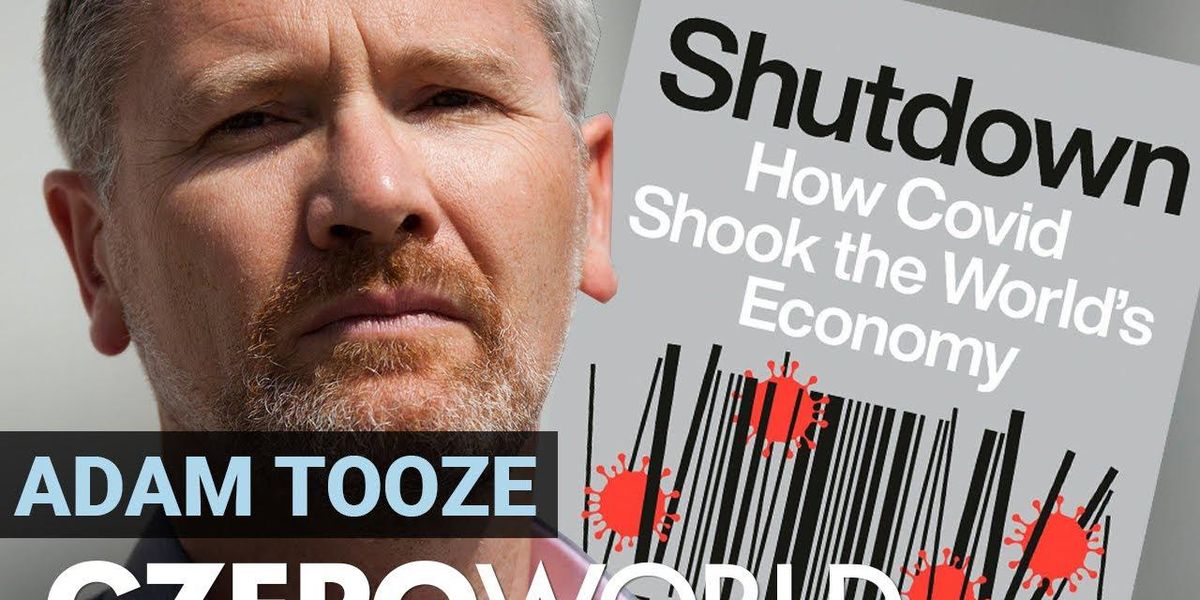What is “strategic autonomy� It is the ability to exercise military power abroad without assistance. For this you need more than numerous troops who are ready and able to fight. (NATO EU countries already have 1.26 million troops in service.) You also need the equipment and trained personnel to move large numbers of your soldiers and all their equipment by air. or maritime to places sometimes far away. You need state-of-the-art air defense systems. You need transparent communication to make sure your forces are working in harmony. From the founding of NATO in 1949 until today, Europe has relied on the US military to provide these things.
Who wants Europe to have this power? France is the loudest hawk in the EU. It is the only European country which has the capacity (even if it is limited) to project its power outside Europe. Even before then-president Charles de Gaulle pulled France out of NATO’s command structure in 1966, French officials called for a European foreign and defense policy independent of Washington. (France joined in 2009.) It is necessary, they say, to properly defend European interests (cynics would say French) in the Middle East, Africa and Asia.
Why might other Europeans start to like this idea? The end of the Cold War removed the Soviet threat to Western Europe, allaying fears that American might was needed to defend the continent itself. And since then, US presidents have given Europeans plenty of reason to doubt that Washington is a reliable ally. Let’s count the paths:
- George W. Bush invaded Iraq despite strong European objections.
- Barack Obama procrastinated on the Arab Spring and the Syrian Civil War, both of which proved crucial to Europe in the form of a migration crisis in 2015-16.
- Donald Trump questioned the value of American alliances in general and NATO in particular.
- President Joe Biden is now the latest US leader to stress the need to focus more on China and less on Europe and the Middle East. The dispute with France over the recently announced security pact with Australia and the UK is the latest example. European anger that Biden botched NATO’s withdrawal from Afghanistan did not help.
- Europeans know they have no idea about the future of American politics.
Why hasn’t Europe already embraced “strategic autonomyâ€? There are several reasons:
- Defense is expensive. Most European countries are still happy that Americans are helping pay for it.
- Many Eastern Europeans, aware of the Russian aggression against Ukraine, still fear the Kremlin and want the military superpower to support their security.
- Germany, Europe’s largest economy, remains deeply reluctant to send its soldiers on combat missions abroad or to accept the costs and risks likely to follow French interventions in other regions.
So, does this debate have a future? Probably, because the world is changing in a way that favors greater European strategic independence over time. The UK, a longtime defender of strong transatlantic defense ties, has left the EU. China’s continued rise will intensify pre-existing differences between the United States and Europe on how to respond. The possibility that Trump – or someone with a similar transactional view of alliances – could return to the White House means Europeans can never be fully confident in US commitments.
All of these realities will strengthen the arguments of those who want a more militarily robust Europe, which can eventually become a more equal partner with the United States and follow a more independent path.

